Home>diy>Building & Construction>What Does A Construction Manager Do
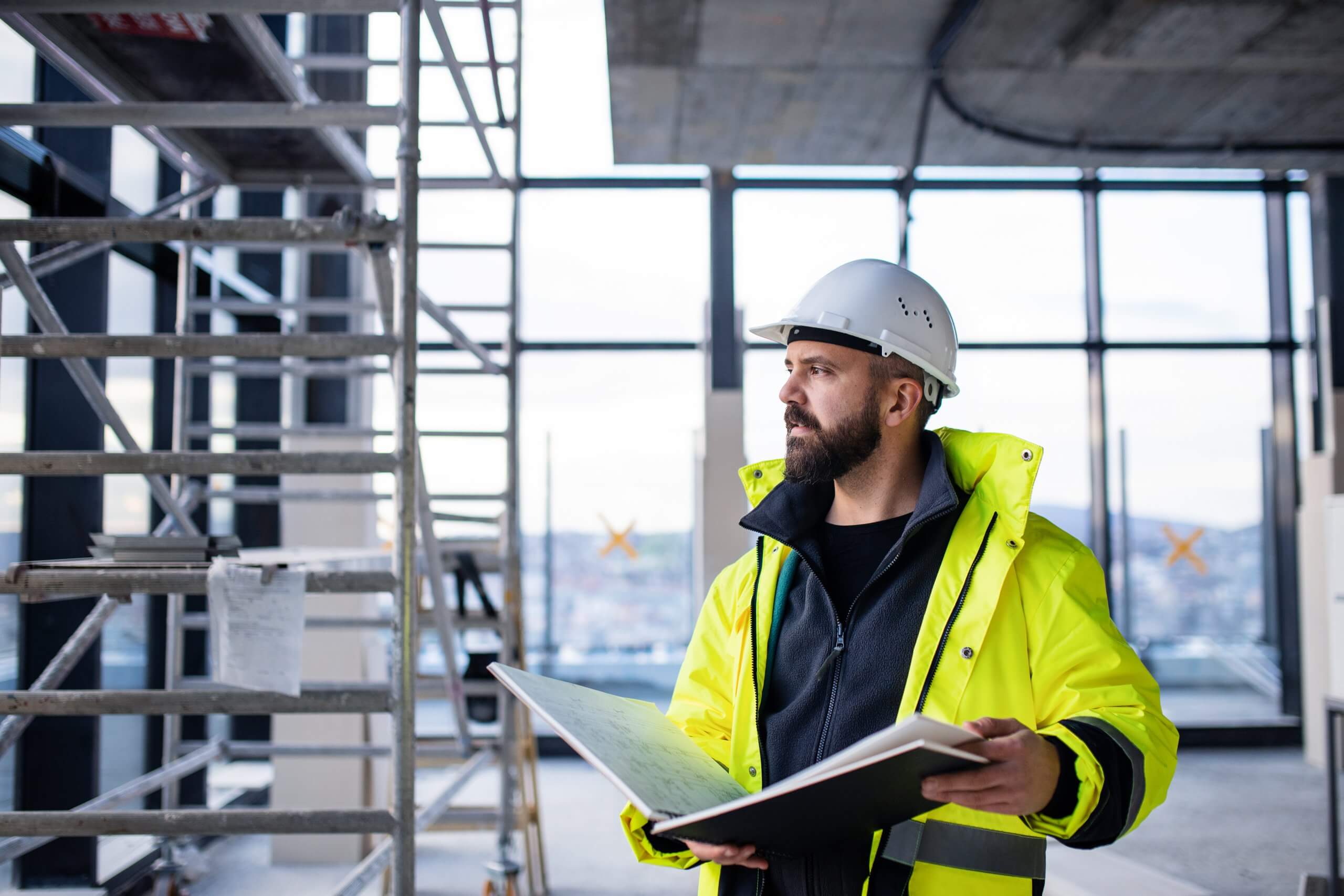

Building & Construction
What Does A Construction Manager Do
Modified: March 6, 2024
Discover the role of a construction manager in the building construction industry. Learn about their responsibilities, skills, and the importance of their expertise.
(Many of the links in this article redirect to a specific reviewed product. Your purchase of these products through affiliate links helps to generate commission for Storables.com, at no extra cost. Learn more)
Introduction
In the world of construction, a construction manager plays a crucial role in overseeing and ensuring the successful completion of building projects. The construction manager is the expert who brings together various stakeholders, manages resources, and ensures that the project is executed smoothly from start to finish. This article will delve into the responsibilities and tasks performed by a construction manager and shed light on the importance of their role in the construction industry.
Construction managers are seasoned professionals with extensive experience and a deep understanding of the construction process. They possess a diverse skill set that encompasses project management, budgeting, collaboration, communication, and technical knowledge. Their expertise allows them to navigate the challenges and complexities that arise during the different stages of a building project.
A construction manager typically joins a project during the planning phase and remains involved until the project’s completion. They work closely with architects, engineers, contractors, and clients to ensure that the project adheres to specifications, timelines, and budgets.
Throughout the construction process, the manager takes on a variety of responsibilities, including project planning, resource allocation, budget management, and problem-solving. They serve as the critical link between all parties involved, ensuring effective communication and coordination.
Furthermore, a construction manager must possess excellent leadership skills to effectively manage and motivate their team. They must be able to delegate tasks, provide guidance, and resolve issues that arise during the construction process. Their ability to make quick decisions and adapt to unforeseen circumstances is essential in keeping the project on track and ensuring its ultimate success.
In the following sections, we will explore in more detail some of the key responsibilities of a construction manager, highlighting the critical tasks they perform to bring construction projects to fruition.
Key Takeaways:
- Construction managers oversee projects, manage budgets, and ensure safety. They collaborate with teams, communicate with clients, and solve problems to deliver successful building projects on time and within budget.
- Construction managers play a crucial role in bringing construction projects to life. They lead teams, manage resources, and navigate challenges to create safe, efficient, and high-quality buildings.
Read more: What Is Construction Quality Management
Responsibilities of a Construction Manager
A construction manager is responsible for overseeing every aspect of a construction project. From project planning to execution, their role is multifaceted and requires a comprehensive understanding of the construction process. Let’s explore some of the primary responsibilities of a construction manager:
- Project Planning: Construction managers are involved in the planning phase of a project. They collaborate with architects and engineers to develop a detailed project plan, including timelines, milestones, and resource allocation. They ensure that the project is feasible and aligns with the client’s requirements and budget.
- Resource Allocation: A key responsibility of a construction manager is to allocate resources effectively. This includes managing labor, materials, and equipment to ensure smooth operations on the construction site. They must coordinate with subcontractors, suppliers, and internal teams to procure and deliver the required resources.
- Budget Management: Construction projects have strict budgets, and it is the construction manager’s responsibility to ensure that the project remains within the allocated budget. They monitor costs, track expenses, and make adjustments as necessary to avoid overspending. They work closely with the finance team to address any financial concerns or discrepancies.
- Quality Control: Maintaining high-quality standards is crucial in construction projects. Construction managers implement quality control measures to ensure that work is performed to the required standards and specifications. They conduct regular inspections, review documentation, and address any deviations or issues that arise during the construction process.
- Risk Assessment: Construction projects are inherently prone to risks and uncertainties. Construction managers assess potential risks and develop strategies to mitigate them. They identify and address safety hazards, develop contingency plans, and ensure compliance with industry regulations and standards.
- Team Management: Construction managers oversee a team of professionals involved in the project. This includes coordinating with architects, engineers, subcontractors, and other construction workers. They assign tasks, provide guidance, and resolve conflicts to ensure smooth collaboration and efficient workflow.
- Communication: Effective communication is crucial in construction projects. Construction managers serve as the primary point of contact between the client, stakeholders, and the project team. They provide regular updates, address concerns, and ensure that everyone is aligned with the project’s goals and timelines.
These are just a few of the main responsibilities of a construction manager. The role requires strong leadership, problem-solving skills, and the ability to manage multiple tasks simultaneously. A skilled construction manager can ensure the successful completion of projects on time, within budget, and to the client’s satisfaction.
Planning and Managing Construction Projects
One of the fundamental responsibilities of a construction manager is to plan and manage construction projects. This involves various tasks, such as creating a project timeline, coordinating with stakeholders, and ensuring that the project stays on track. Let’s take a closer look at the key aspects of planning and managing construction projects:
- Project Scope: The construction manager works closely with the client, architects, and engineers to define the project’s scope. This includes determining the objectives, requirements, and deliverables of the project. They ensure that all key stakeholders have a clear understanding of what needs to be accomplished.
- Project Timeline: Creating a project timeline is vital to ensure that the construction project progresses smoothly. The construction manager collaborates with the team to establish realistic milestones and deadlines. They prioritize tasks, account for potential delays, and monitor progress to keep the project on schedule.
- Resource Planning: Efficiently managing resources is crucial to the success of a construction project. The construction manager assesses the required labor, equipment, and materials and develops a comprehensive resource plan. They coordinate with suppliers, subcontractors, and internal teams to ensure the availability of resources at the right time and place.
- Permitting and Regulation Compliance: Construction projects must adhere to various permits and regulations. The construction manager ensures that all necessary permits and licenses are obtained and that the project complies with local building codes and regulations. They work closely with regulatory authorities to obtain approvals and ensure a smooth construction process.
- Risk Assessment and Mitigation: Identifying and managing risks is a crucial part of project planning. The construction manager conducts a thorough risk assessment to identify potential hazards and develops strategies to mitigate them. This includes addressing safety concerns, ensuring adequate insurance coverage, and implementing risk management procedures.
- Procurement and Contracts: Construction projects involve procuring materials and services from various suppliers and subcontractors. The construction manager oversees the procurement process, including obtaining quotes, evaluating bids, and negotiating contracts. They ensure that contracts are legally sound and that deliverables meet quality standards.
- Communication and Stakeholder Engagement: Effective communication is vital in construction projects. The construction manager serves as the primary point of contact for all project-related communications. They keep stakeholders informed about project progress, address concerns, and facilitate collaboration between different parties.
By meticulously planning and managing construction projects, the construction manager sets the stage for a successful and seamless execution. Their attention to detail, expertise in resource allocation, and ability to navigate regulatory requirements contribute to the overall success of the project. Efficient planning and project management are crucial in keeping the project on track, within budget, and meeting the client’s expectations.
Overseeing Budget and Cost Control
One of the critical responsibilities of a construction manager is to oversee the budget and ensure effective cost control throughout the construction project. Managing finances is crucial to the success and profitability of the project. Let’s explore how construction managers oversee the budget and implement cost control measures:
- Budget Development: The construction manager works closely with the project team to develop a comprehensive budget for the construction project. They consider factors such as labor costs, material prices, equipment rentals, subcontractor fees, permits, and overhead expenses. They collaborate with the financial department to create an accurate and realistic budget that aligns with the project scope.
- Cost Estimation and Tracking: Construction managers are responsible for estimating costs accurately at the beginning of the project. They analyze the project requirements, conduct research on market prices, and consult with suppliers and contractors to determine realistic cost estimates. Throughout the project, they track costs and compare them to the budget. If there are any deviations or discrepancies, the construction manager takes corrective measures to keep the project on budget.
- Value Engineering: Value engineering is a process in which the construction manager analyzes the project design and identifies opportunities to reduce costs without compromising quality. They collaborate with architects, engineers, and contractors to explore alternative materials, construction methods, and design modifications that can help optimize costs. Value engineering enables the construction manager to deliver value to the client by minimizing costs while still meeting project requirements.
- Vendor and Supplier Management: Construction managers play a crucial role in managing relationships with vendors and suppliers. They negotiate contracts, obtain competitive bids, and ensure that vendors provide high-quality materials and services at reasonable prices. By effectively managing vendor relationships, the construction manager can control costs and mitigate the risk of cost overruns.
- Change Order Management: During the course of a construction project, changes in scope or design may arise. These changes can impact the project budget. The construction manager is responsible for evaluating change orders, assessing their impact on the budget, and making informed decisions in collaboration with the project team. They negotiate change orders, manage additional costs, and ensure that the project remains financially viable.
- Cost Control Strategies: Construction managers implement various cost control strategies to keep the project on budget. This includes monitoring expenses, reviewing invoices and receipts, analyzing cost data, and identifying areas for potential savings. They implement cost-saving measures, such as efficient resource utilization, waste reduction, and value-driven decision-making.
- Financial Reporting: Construction managers provide regular financial reports to stakeholders and the project team. These reports outline the project’s financial status, including the budget, actual costs, and any deviations or variances. Transparent and accurate financial reporting keeps all parties informed and allows for timely decision-making.
By overseeing the budget and implementing effective cost control measures, construction managers ensure that projects are completed within the allocated financial resources. Their expertise in financial management, negotiation, and cost analysis contributes to the overall profitability and success of the construction project.
Hiring and Managing Construction Staff
Building a skilled and cohesive construction team is crucial for the successful execution of any building project. As a construction manager, one of the primary responsibilities is to hire and effectively manage construction staff. Let’s explore the key aspects of hiring and managing construction staff:
- Recruitment: The construction manager is responsible for identifying the staffing needs of the project and creating job descriptions. They coordinate with human resources or recruitment agencies to attract qualified candidates. They review resumes, conduct interviews, and select the most suitable individuals for each role.
- Skills Assessment: Construction managers assess the skills, qualifications, and experience of potential candidates to ensure they can perform their designated tasks effectively. They evaluate candidates’ technical knowledge, expertise in construction techniques, safety protocols, and the ability to work collaboratively in a team.
- Team Building: It is the construction manager’s responsibility to build a cohesive and high-performing construction team. They foster a positive work environment, encourage teamwork, and promote effective communication among team members. They identify individuals’ strengths and weaknesses and strategically assign tasks to maximize productivity and efficiency.
- Training and Development: Construction managers provide training and development opportunities to enhance the skills and knowledge of construction staff. They coordinate with trainers or conduct in-house training sessions on topics such as safety regulations, new construction techniques, and equipment operation. Ongoing training ensures that the team remains up-to-date with industry standards.
- Performance Management: Construction managers establish performance metrics and regularly evaluate the performance of construction staff. They provide constructive feedback, address performance issues, and recognize exceptional performance. Performance management helps identify areas for improvement and ensures that the team delivers high-quality work within established timelines.
- Conflict Resolution: Construction sites can be complex and demanding environments, leading to conflict among team members. The construction manager mediates conflicts, fosters open communication, and works towards resolving issues amicably. They promote a positive and respectful work culture to maintain a harmonious and productive work environment.
- Resource Allocation: Construction managers allocate resources, such as labor and equipment, based on the project’s needs and requirements. They ensure that the construction staff is appropriately assigned to different tasks and areas of the project. Efficient resource allocation helps optimize productivity, minimize delays, and meet project deadlines.
- Health and Safety: The safety of construction staff is a top priority for a construction manager. They provide proper training on safety protocols, enforce safety policies, and conduct regular safety inspections. They address any safety concerns promptly and ensure that the work environment is compliant with all relevant safety regulations.
By effectively hiring and managing construction staff, the construction manager builds a skilled and motivated team that can execute the project successfully. Their expertise in recruitment, team building, and performance management plays a vital role in maintaining productivity, efficiency, and quality throughout the construction process.
A construction manager oversees building projects, coordinating schedules, budgets, and teams. They ensure safety, quality, and timely completion.
Read more: What Is Construction Manager At Risk
Ensuring Compliance with Safety Standards
Ensuring a safe working environment is of utmost importance in the construction industry. As a construction manager, it is your responsibility to prioritize and enforce safety standards on the construction site. Let’s explore the key aspects of ensuring compliance with safety standards:
- Knowledge of Safety Regulations: Construction managers need to have a deep understanding of local, state, and national safety regulations applicable to construction projects. This includes regulations related to worker safety, hazardous materials handling, equipment operation, and emergency protocols.
- Implementation of Safety Policies: Construction managers are tasked with developing and implementing comprehensive safety policies and procedures. They ensure that all workers are aware of and adhere to these policies. This includes regular safety briefings, site-specific safety plans, and clear communication of safety expectations.
- Safety Training: Construction managers provide ongoing safety training to all workers on the construction site. This includes training on the proper use of personal protective equipment (PPE), safe handling of equipment and materials, and awareness of potential hazards. Training sessions may be conducted in-house or with the assistance of external safety professionals.
- Safety Inspections: Conducting regular safety inspections is crucial to identify and address potential hazards. Construction managers perform routine inspections, identifying risks, and taking corrective actions. They ensure that all safety equipment is in proper working order and that safety procedures are being followed.
- Accident Prevention: Construction managers take proactive measures to prevent accidents on the construction site. This includes promoting a safety culture, organizing toolbox talks to address specific safety concerns, and encouraging workers to report hazards or near-miss incidents. They investigate accidents and incidents, implementing corrective measures to prevent future occurrences, and ensure workers’ well-being.
- Emergency Preparedness: Construction managers are responsible for developing and implementing emergency response plans. They coordinate with the appropriate authorities, such as local fire and emergency services, to ensure their response plans align with local regulations. They conduct frequent drills and simulations to prepare workers for emergency situations.
- Safety Audits: Construction managers may conduct regular safety audits to assess compliance with safety standards and identify areas for improvement. They may enlist the assistance of safety consultants to conduct more in-depth audits. The findings from these audits help guide future safety initiatives and ensure ongoing compliance.
- Documentation and Reporting: Construction managers maintain accurate and up-to-date records of safety-related activities. This includes documentation of safety training sessions, safety inspections, accidents, and incident reports. They also prepare regular safety performance reports for management and stakeholders.
By prioritizing safety and ensuring compliance with safety standards, construction managers create a secure working environment for all workers on the construction site. Their commitment to safety helps prevent accidents, reduces liability, and fosters a positive work culture. Ultimately, the well-being of the construction team is crucial for a project’s success.
Collaborating with Architects and Engineers
Collaboration between construction managers, architects, and engineers is integral to the success of any construction project. The seamless integration of their expertise ensures that the project meets the design intent, technical requirements, and budgetary constraints. Let’s explore the key aspects of collaborating with architects and engineers:
- Early Involvement: Construction managers work closely with architects and engineers from the early stages of the project. They provide input during the project planning phase, offering insights into the constructability, feasibility, and budgetary considerations of design concepts.
- Understanding Design Intent: Construction managers collaborate with architects to understand and interpret the design intent. They ensure that the design aligns with the project requirements, code requirements, and construction feasibility. Clear communication between construction managers, architects, and engineers is essential to achieve a cohesive design that can be feasibly executed within budget and on schedule.
- Value Engineering: Construction managers work with architects and engineers to explore cost-effective alternatives in design and construction methods. Through value engineering, they identify opportunities to optimize construction processes, reduce costs, and enhance the overall value of the project without compromising quality or design intent.
- Constructability Review: Construction managers conduct constructability reviews in collaboration with architects and engineers. They assess the design plans, specifications, and details to identify potential construction challenges or conflicts. By proactively addressing constructability issues, they ensure smoother construction processes and minimize delays or costly change orders during construction.
- Budget and Cost Management: Construction managers collaborate with architects and engineers to manage and control project costs. They provide cost input and advice during the design phase to ensure that the project remains within the allocated budget. Regular communication and coordination between these parties help identify cost-saving opportunities without compromising the design or structural integrity.
- Value-Added Solutions: Construction managers collaborate with architects and engineers to provide value-added solutions during the construction phase. They bring their knowledge of construction techniques, materials, and market trends to the table, offering insights that can improve efficiencies, enhance functionality, and mitigate potential risks.
- Change Order Management: Construction managers work closely with architects and engineers to manage change orders effectively. They assess the impact of design changes on the project budget, schedule, and quality. Through transparent communication and collaboration, they ensure that any design modifications are properly evaluated, approved, and implemented.
- Quality Control: Collaboration between construction managers, architects, and engineers is essential in ensuring high-quality construction. They establish quality control measures, inspection protocols, and quality assurance procedures. Through regular communication and coordination, they monitor the construction progress, address any design discrepancies, and maintain the project’s quality standards.
By collaborating effectively with architects and engineers, construction managers ensure that the project is executed in accordance with the design intent, technical requirements, and budget constraints. The seamless integration of their expertise results in a successful construction project that meets or exceeds the client’s expectations.
Communicating with Clients and Stakeholders
Effective communication is a foundational element for the success of any construction project. Construction managers are responsible for maintaining clear and open lines of communication with clients and stakeholders throughout the entire construction process. Let’s explore the key aspects of communicating with clients and stakeholders:
- Establishing Relationships: Construction managers set the tone for effective communication by establishing positive and professional relationships with clients and stakeholders. They build trust and rapport, ensuring that all parties feel comfortable discussing project details, concerns, and expectations.
- Initial Meetings: Construction managers conduct initial meetings with clients to understand their goals, requirements, budgetary constraints, and timelines. They actively listen and ask questions to gain a deep understanding of the project’s objectives, enabling them to effectively communicate and manage expectations moving forward.
- Regular Updates: Construction managers provide regular updates to clients and stakeholders throughout the construction process. They outline project milestones, progress, and any significant developments. Regular updates keep all parties informed and provide an opportunity to address concerns or adjust the project plan, if necessary.
- Transparency: Communication between construction managers, clients, and stakeholders should be transparent. Construction managers share accurate and honest information related to project status, budget, and any challenges being faced. Transparent communication builds trust and establishes a strong working relationship.
- Effective Communication Channels: Construction managers utilize various communication channels to ensure the smooth flow of information. This may include in-person meetings, emails, phone calls, or project management software. They adapt their communication style to meet the needs and preferences of clients and stakeholders.
- Manage Expectations: Construction managers proactively manage expectations by clearly communicating project timelines, potential risks, and any constraints that may arise during construction. They ensure that clients and stakeholders have a realistic understanding of what can be achieved within the project’s scope and budget.
- Problem-Solving and Conflict Resolution: Construction managers address issues and conflicts promptly and professionally. They open lines of communication to discuss challenges, propose solutions, and mediate any disputes that may arise. Effective problem-solving and conflict resolution contribute to maintaining strong client and stakeholder relationships.
- Documentation: Construction managers keep comprehensive records of all project-related communication and agreements. This includes meeting minutes, change orders, and formalized approvals. Accurate documentation ensures that all parties are on the same page and provides a reliable reference for any future queries or disputes.
By prioritizing effective communication, construction managers foster collaboration, manage expectations, and build strong relationships with clients and stakeholders. Their ability to communicate clearly and transparently throughout the construction process ensures that projects are successful, and all parties involved are satisfied with the outcome.
Resolving Issues and Challenges During Construction
Construction projects are dynamic and complex, and it is not uncommon for issues and challenges to arise during the construction process. As a construction manager, it is your responsibility to address these challenges head-on and find solutions that keep the project on track. Let’s explore the key aspects of resolving issues and challenges during construction:
- Identification and Assessment: Construction managers proactively identify and assess issues and challenges that arise during construction. They conduct regular site inspections, communicate with the project team, and analyze project data to detect potential problems early on.
- Collaborative Problem-Solving: Construction managers facilitate collaborative problem-solving efforts to address issues. They bring together the necessary stakeholders, including architects, engineers, contractors, and subcontractors, to brainstorm solutions. This collaborative approach ensures that all perspectives are considered, leading to the most effective resolution.
- Decision-Making: Construction managers make informed and timely decisions to resolve issues and keep the project moving forward. They carefully weigh the available options, considering factors such as cost, schedule impact, quality, and stakeholder interests. Their ability to make decisive decisions during critical moments is essential in minimizing delays and mitigating disruptions.
- Managing Change Orders: Construction managers handle change orders efficiently to address design modifications and scope changes. They assess the impact of changes on the project’s budget, schedule, and resources. They work closely with architects, engineers, and clients to negotiate and implement appropriate adjustments, ensuring that changes are executed smoothly.
- Coordination and Communication: Construction managers serve as the central point of coordination and communication during issue resolution. They ensure that all parties involved are informed, aligned, and on track. Clear and effective communication helps facilitate the resolution process and prevents misunderstandings or delays.
- Resource Reallocation: Construction managers may need to reallocate resources to address issues and challenges. They assess the resource requirements for the resolution process and adjust the distribution of labor, equipment, and materials accordingly. Resource reallocation allows for the efficient utilization of resources to overcome obstacles.
- Documentation and Reporting: Construction managers maintain accurate documentation of all issues, challenges, and their resolutions. This includes recording the steps taken, decisions made, and any modifications implemented. Documentation serves as a reference for future projects and helps in the analysis of lessons learned.
- Continuous Improvement: By reflecting on the challenges faced during construction, construction managers identify areas for improvement. They analyze the root causes of issues and seek opportunities to prevent similar problems in future projects. Lessons learned are applied to ensure continuous improvement throughout the construction process.
By actively resolving issues and challenges during construction, construction managers minimize disruptions, keep the project on schedule and budget, and ensure client satisfaction. Their ability to problem-solve, make decisions, and facilitate collaboration among stakeholders ultimately contributes to the successful completion of the construction project.
Read more: What Is The Scope Of Construction Management
Conclusion
In the world of construction, a construction manager plays a vital role in ensuring the successful completion of building projects. From planning and managing construction projects to overseeing budgets, hiring and managing construction staff, and ensuring compliance with safety standards, construction managers juggle a diverse range of responsibilities. Effective communication and collaboration with architects, engineers, clients, and stakeholders is crucial to tackle challenges and address issues that arise during construction.
Construction managers serve as the bridge between the vision of the project and its execution. They bring together diverse teams, allocate resources, monitor progress, and ensure that projects are delivered on time, within budget, and to the highest quality standards. Their expertise in project management, budgeting, problem-solving, and leadership enables an efficient and successful construction process.
Throughout the construction project, construction managers maintain clear and open lines of communication with clients and stakeholders. They manage expectations, provide regular updates, and address concerns to ensure a collaborative and transparent relationship. By fostering effective communication, they build trust and create a harmonious environment for all parties involved.
In addition to technical knowledge, construction managers must be adaptable and resilient. They must navigate unforeseen challenges and make informed decisions to keep projects on track. Their ability to proactively identify and address issues contributes to the timely resolution of problems and the overall success of the project.
In conclusion, the role of a construction manager is multifaceted and indispensable in the construction industry. Their expertise in planning, budgeting, collaborating, and problem-solving ensures that construction projects are executed efficiently and meet the expectations of clients and stakeholders. By effectively managing resources, resolving issues, and maintaining clear communication, construction managers contribute to the successful completion of building projects, leaving a lasting impact on the built environment.
Frequently Asked Questions about What Does A Construction Manager Do
Was this page helpful?
At Storables.com, we guarantee accurate and reliable information. Our content, validated by Expert Board Contributors, is crafted following stringent Editorial Policies. We're committed to providing you with well-researched, expert-backed insights for all your informational needs.
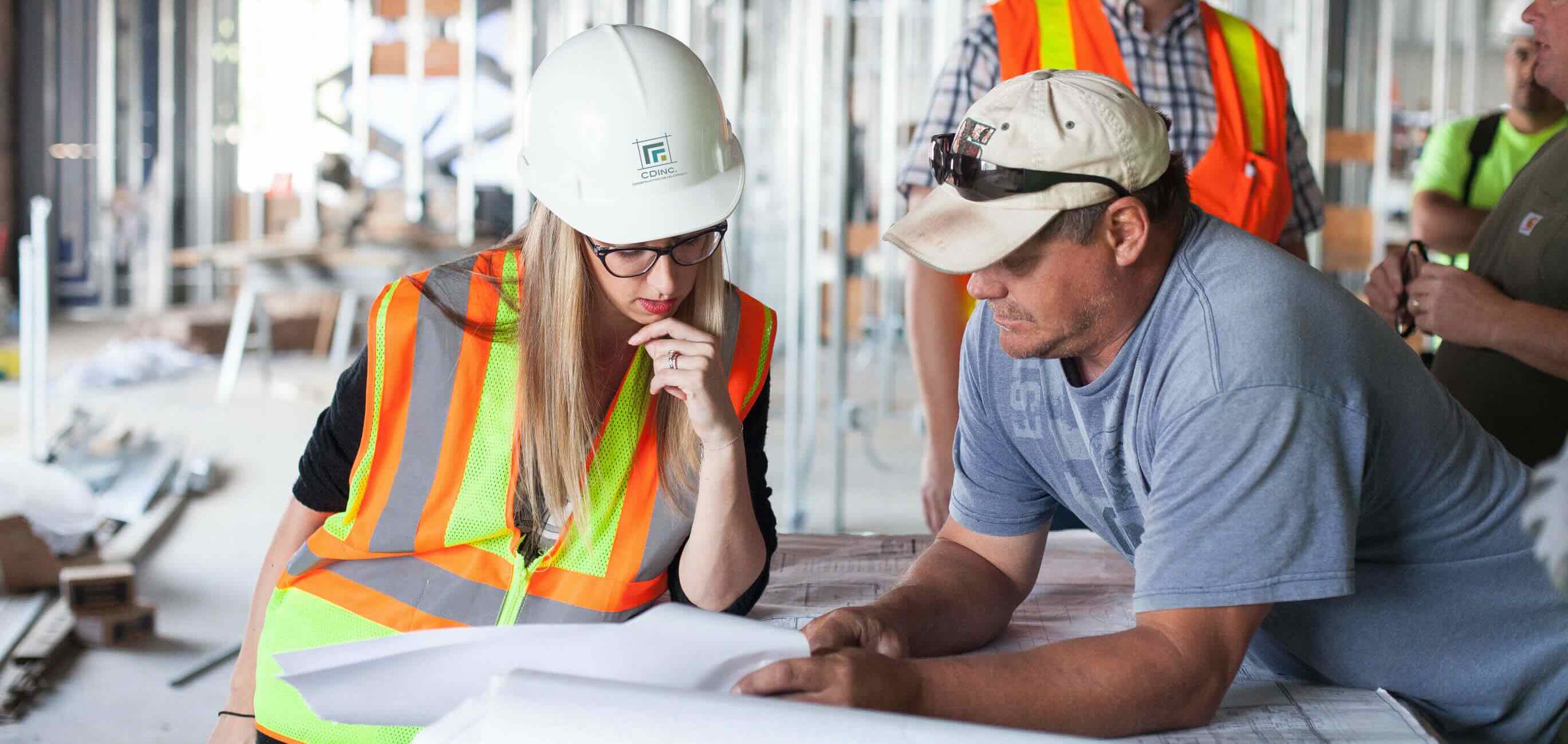

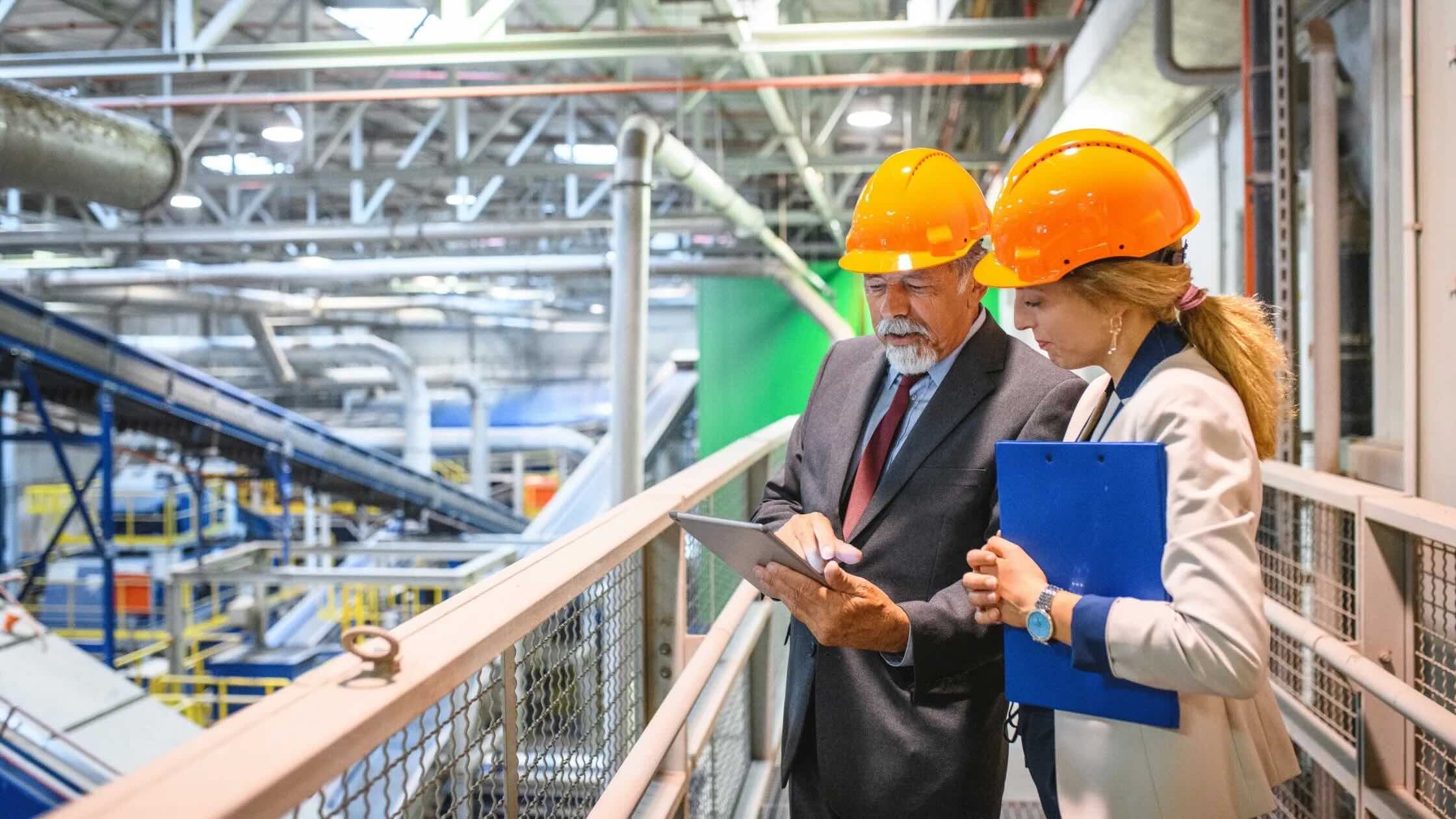
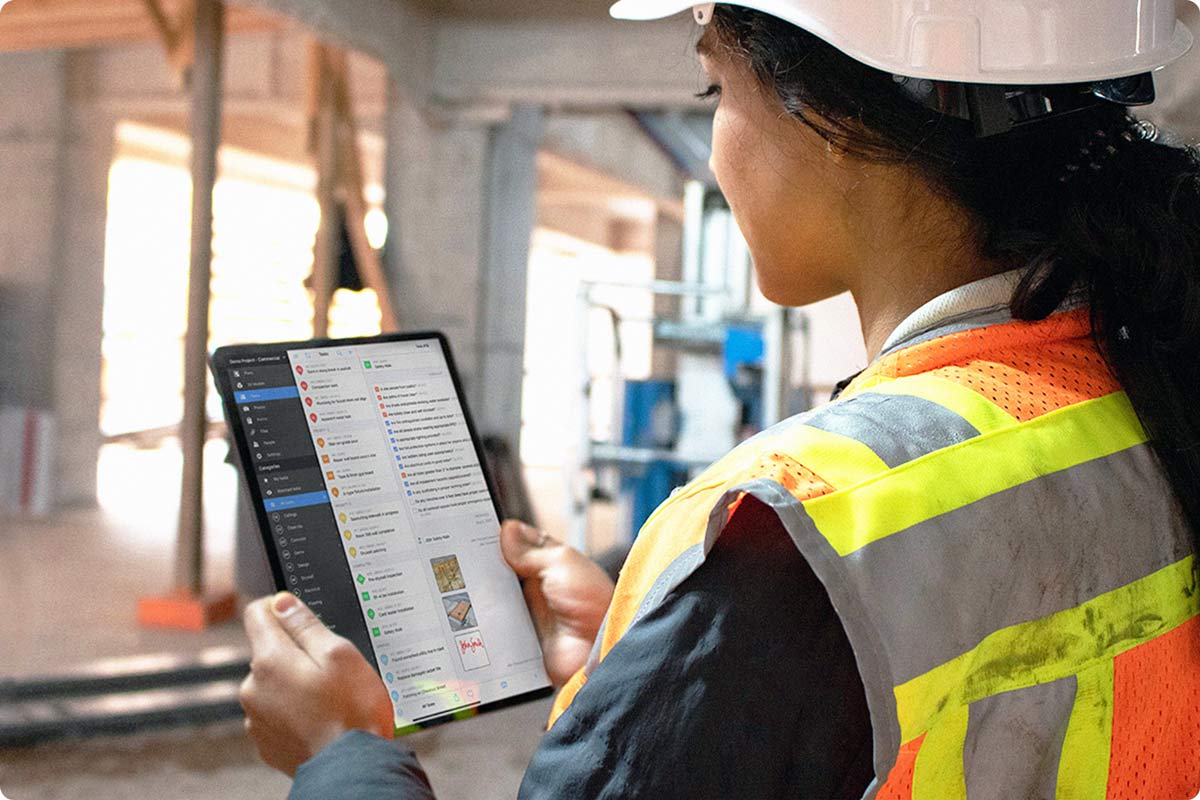
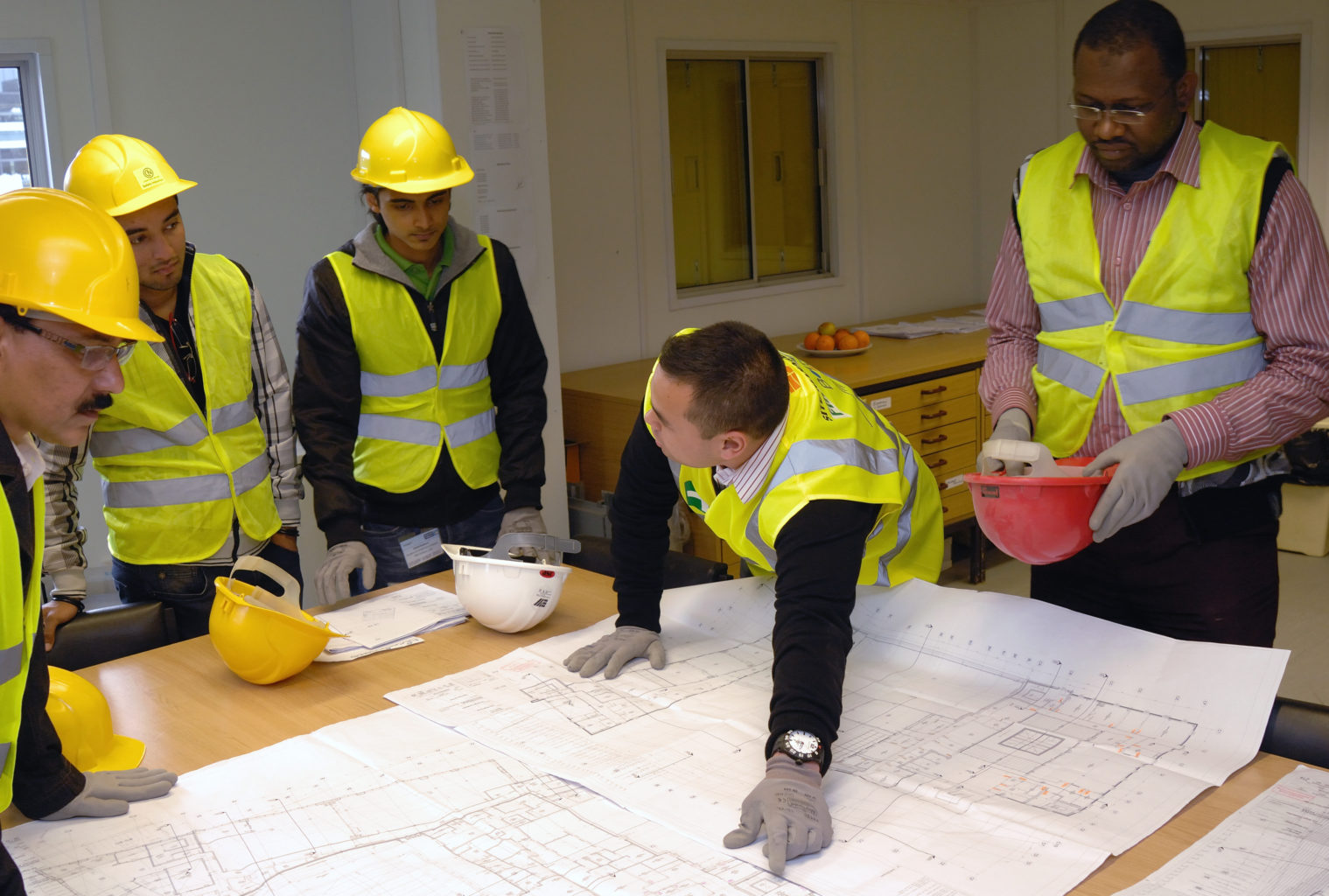
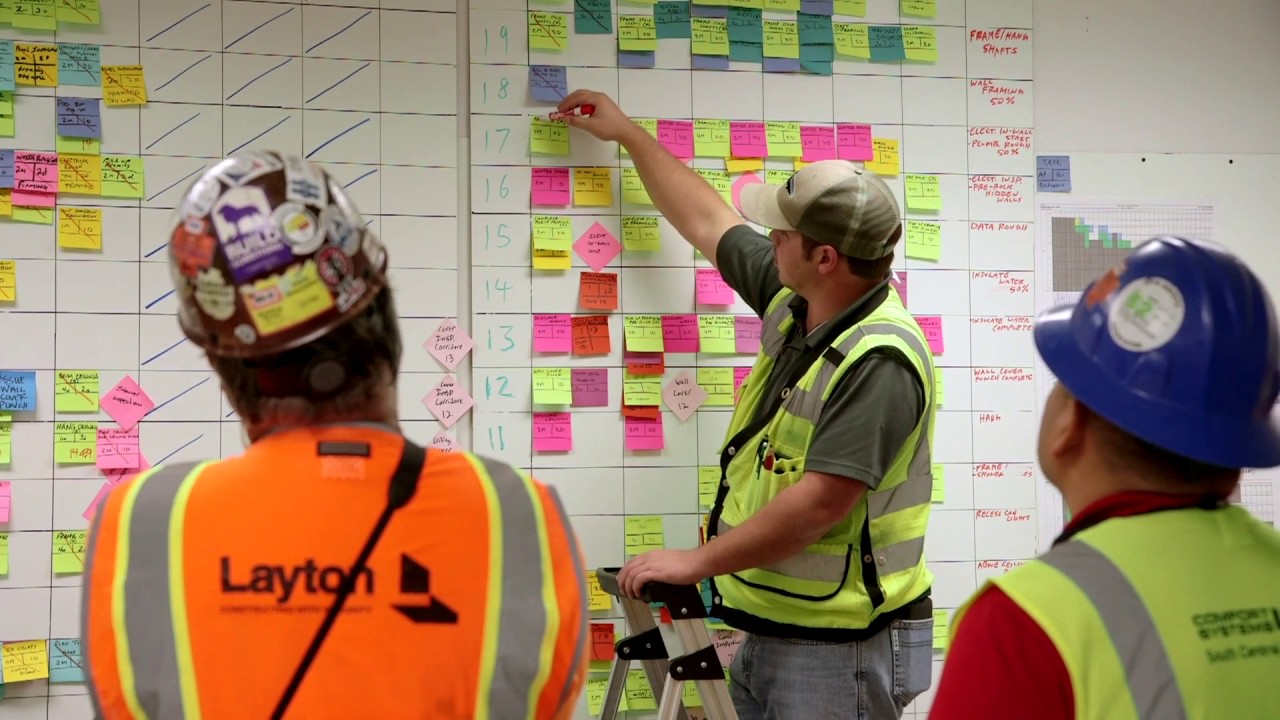


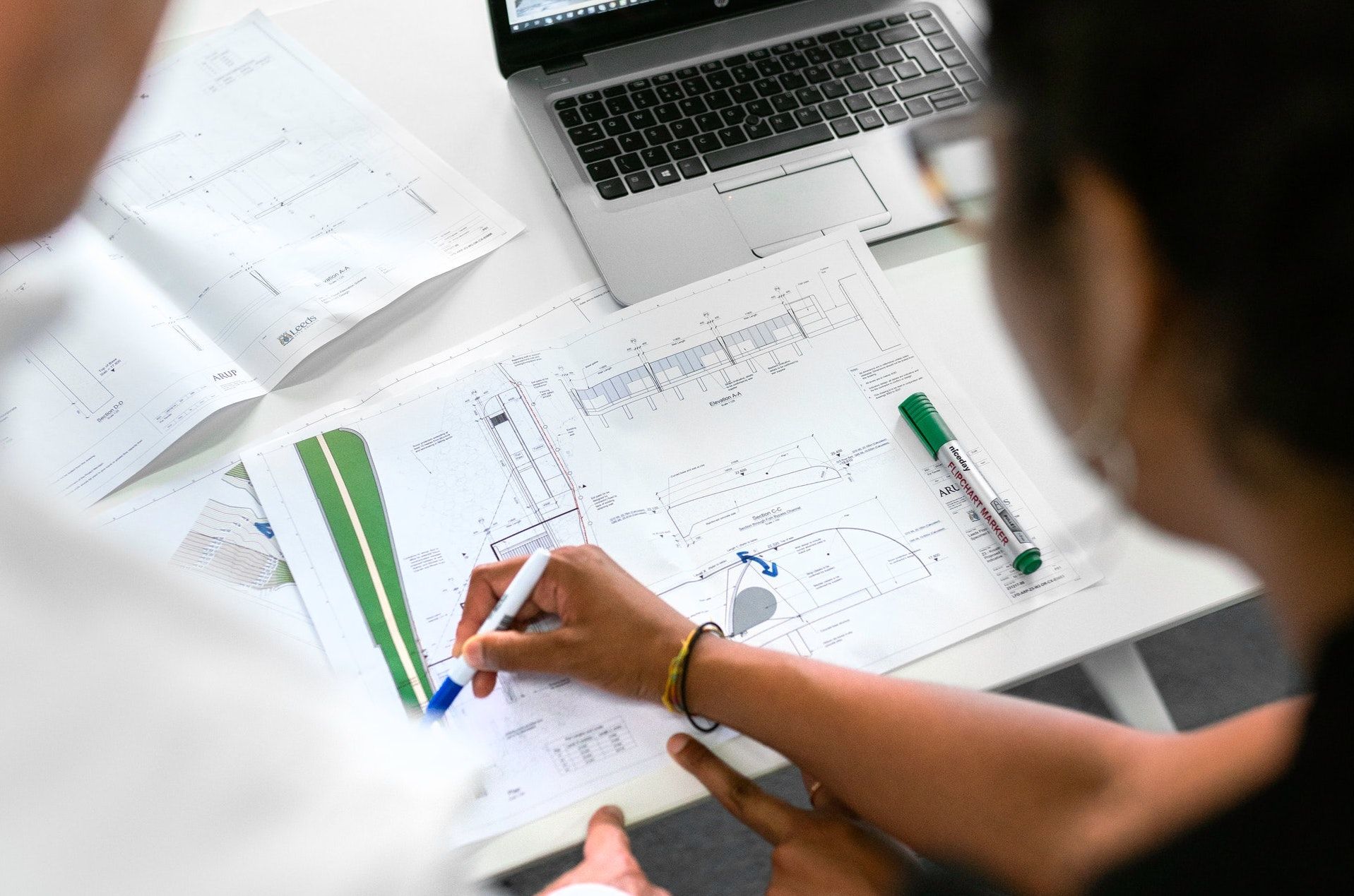


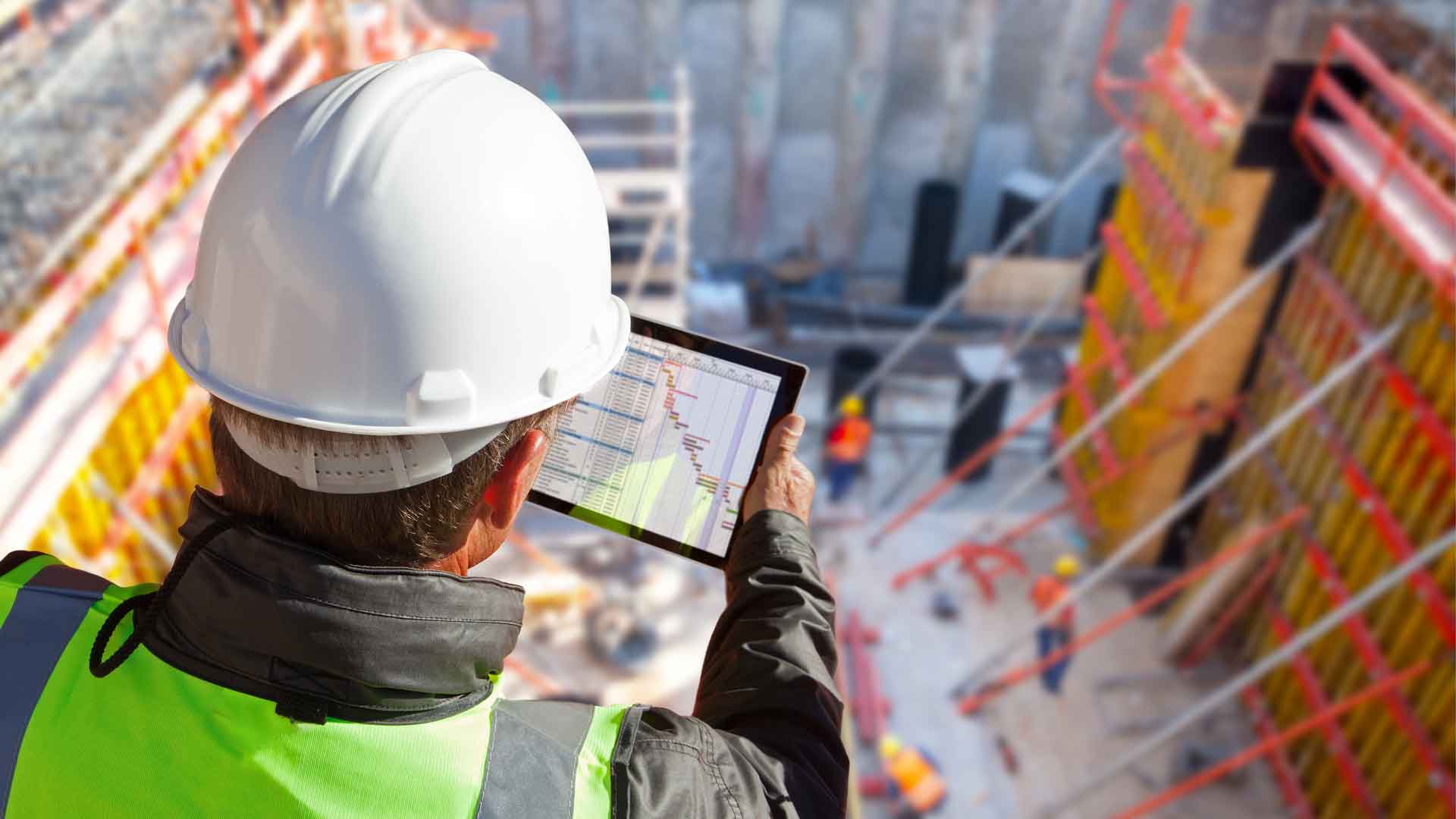
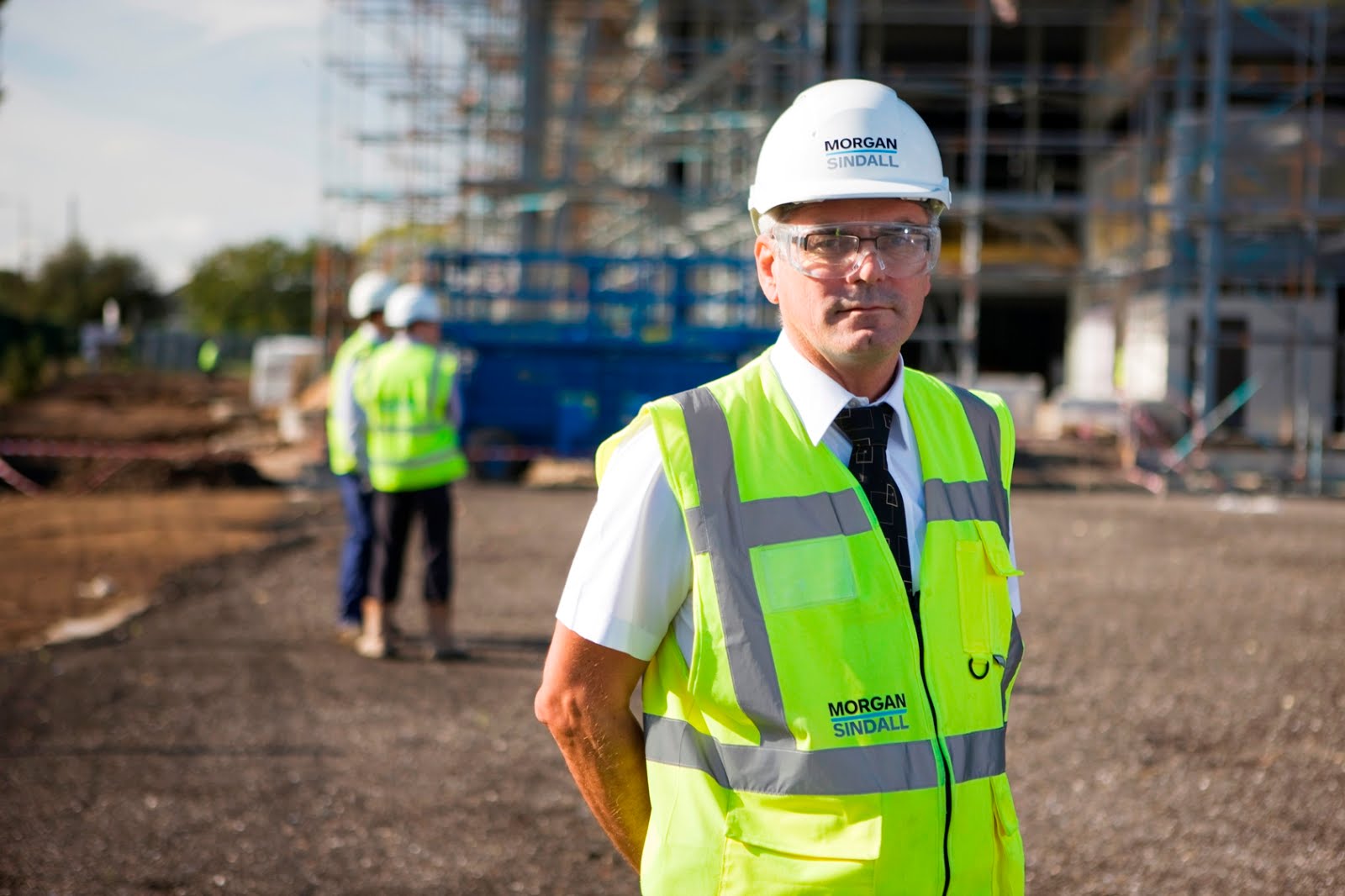

0 thoughts on “What Does A Construction Manager Do”